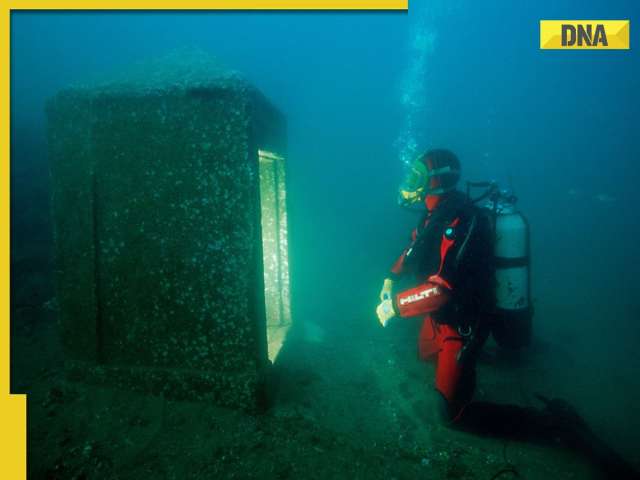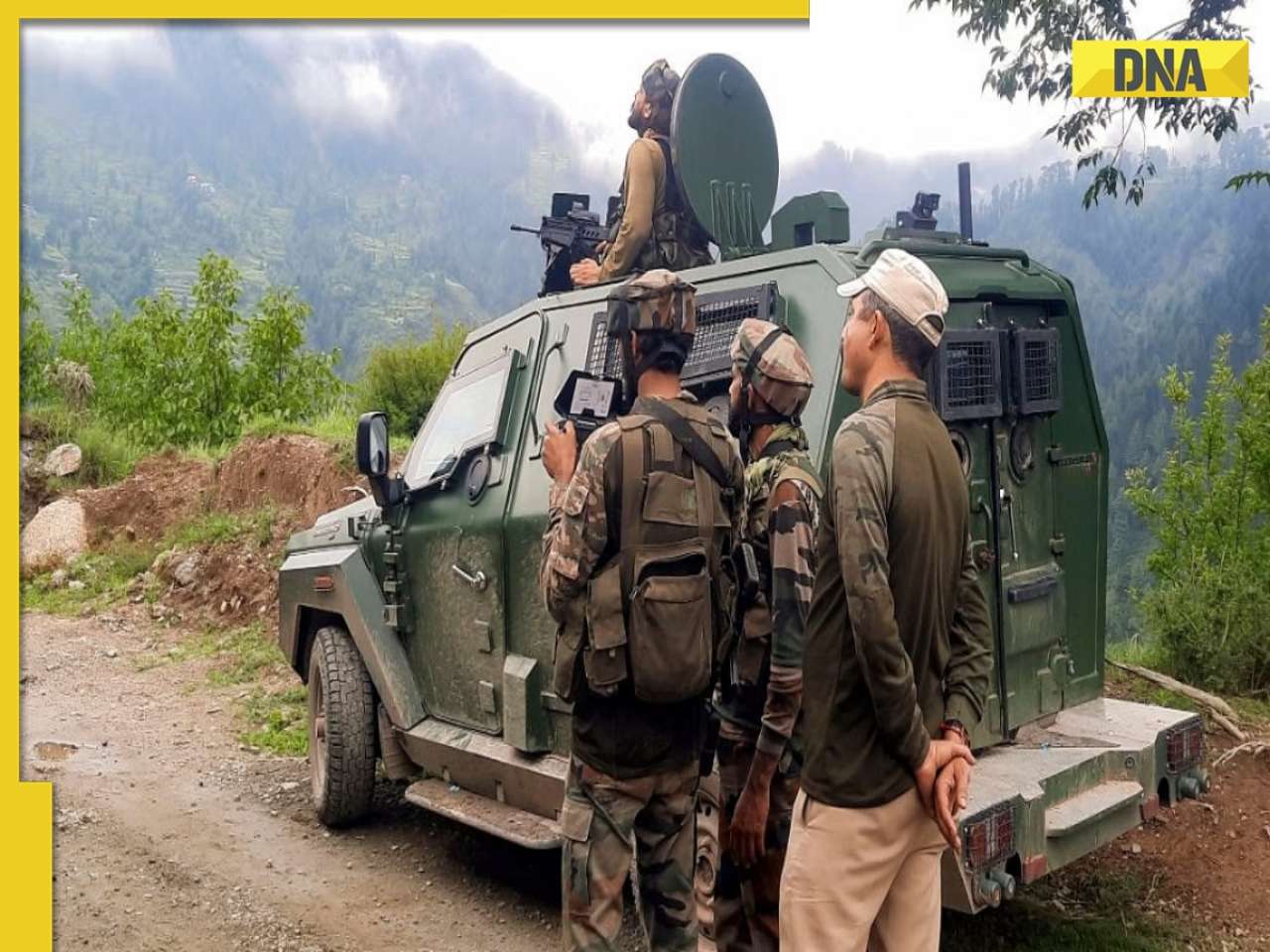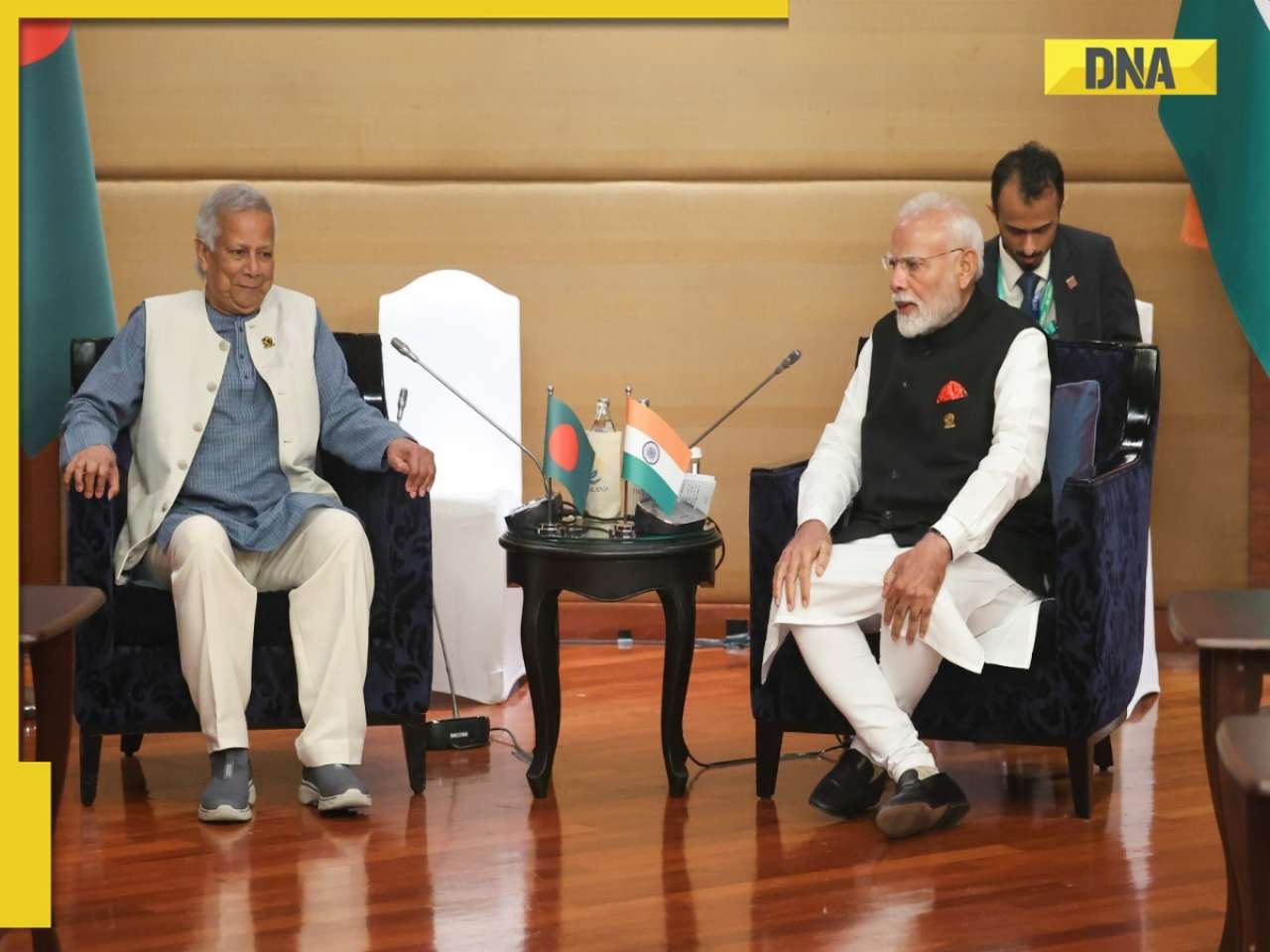The missile uses GPS and onboard guidance systems for highly accurate strikes, and it can carry both conventional and nuclear warheads.
India has reportedly offered to sell its advanced Long Range Land Attack Cruise Missile (LRLACM) to Greece, raising serious concerns in Turkey, Greece’s longtime rival. According to reports, India made an informal proposal to Greece during the DEFEA 2025 defense exhibition held in Athens this May.
Though the deal has not been officially confirmed by either India or Greece, the offer has reportedly alarmed Ankara. Turkish media has described this as a “revenge move” by India, possibly in response to Turkey’s vocal support for Pakistan during the recent India-Pakistan conflict.
The LRLACM missile, developed by India’s Defence Research and Development Organization (DRDO), has a range of up to 1,500 km. It is powered by the indigenous Manik Small Turbo Fan Engine, which allows it to fly at low altitudes and evade enemy radar and air defense systems — including the powerful Russian-made S-400 system currently used by Turkey.
The missile uses GPS and onboard guidance systems for highly accurate strikes, and it can carry both conventional and nuclear warheads. Defense experts believe that if Greece adds this missile to its arsenal, key Turkish military installations — including airports and S-400 bases in Izmir and Canakkale — could become vulnerable.
Comparisons are also being drawn between the LRLACM and India’s well-known BrahMos missile. Experts say the LRLACM’s longer range and stealthy flight pattern make it an even deadlier weapon than the BrahMos, which had shown its strength during Operation Sindoor in Pakistan.
The possibility of Greece acquiring the LRLACM has added a new twist to the already tense Greece-Turkey relations, similar to the India-Pakistan rivalry in South Asia. While official confirmation is still awaited, the very idea of this deal has shifted the regional defense equation and could escalate tensions further.
Find your daily dose of All
Latest News including
Sports News,
Entertainment News,
Lifestyle News, explainers & more. Stay updated, Stay informed-
Follow DNA on WhatsApp. This Amitabh Bachchan film was released just four days after Coolie accident, Parveen Babi was in therapy, superhit movie was...
This Amitabh Bachchan film was released just four days after Coolie accident, Parveen Babi was in therapy, superhit movie was... DNA TV Show: Amid Donald Trump’s 25% tariff, India says it won’t purchase F-35 fighter jets
DNA TV Show: Amid Donald Trump’s 25% tariff, India says it won’t purchase F-35 fighter jets Shah Rukh Khan thanks 'Bharat Sarkar' for winning his first National Award in 33 years: 'It is a reminder that...'
Shah Rukh Khan thanks 'Bharat Sarkar' for winning his first National Award in 33 years: 'It is a reminder that...' Sanju Samson to CSK? Rajasthan Royals' latest video adds twist to transfer saga
Sanju Samson to CSK? Rajasthan Royals' latest video adds twist to transfer saga Why probiotic kanji rice is the ultimate gut detox you need to try
Why probiotic kanji rice is the ultimate gut detox you need to try Tata Harrier EV Review | Most Advanced Electric SUV from Tata?
Tata Harrier EV Review | Most Advanced Electric SUV from Tata? Vida VX2 Plus Electric Scooter Review: Range, Power & Real-World Ride Tested!
Vida VX2 Plus Electric Scooter Review: Range, Power & Real-World Ride Tested! MG M9 Electric Review | Luxury EV with Jet-Style Rear Seats! Pros & Cons
MG M9 Electric Review | Luxury EV with Jet-Style Rear Seats! Pros & Cons Iphone Fold: Apple’s iPhone Fold Could Solve Samsung’s Biggest Foldable Problem | Samsung Z Fold 7
Iphone Fold: Apple’s iPhone Fold Could Solve Samsung’s Biggest Foldable Problem | Samsung Z Fold 7 Trump News: Congress Seeks Answers On Trump's Alleged Mediation In Operation Sindoor
Trump News: Congress Seeks Answers On Trump's Alleged Mediation In Operation Sindoor BIG move by BSNL as it rolls out new plan for just Re 1; check validity, offer, data limit and more
BIG move by BSNL as it rolls out new plan for just Re 1; check validity, offer, data limit and more Elon Musk's Tesla set to open 1st charging station in India on...; check charging speed, price
Elon Musk's Tesla set to open 1st charging station in India on...; check charging speed, price THIS consumer company earns profit of Rs 5,343,00,000,000, details here
THIS consumer company earns profit of Rs 5,343,00,000,000, details here How may US tariff hit pharmaceuticals, smartphone, farm sectors of India? It may cause loss of ...
How may US tariff hit pharmaceuticals, smartphone, farm sectors of India? It may cause loss of ... Meet man who shut down his AI startup despite BIG funding, even Perplexity's Aravind Srinivas backed off due to...
Meet man who shut down his AI startup despite BIG funding, even Perplexity's Aravind Srinivas backed off due to... 5 stunning cities that went underwater due to...; they are...
5 stunning cities that went underwater due to...; they are... 12th Fail, Jawan, Animal, Ullozhukku, Parking, Sam Bahadur: Where to watch 71st National Awards 2025-winning films on OTT
12th Fail, Jawan, Animal, Ullozhukku, Parking, Sam Bahadur: Where to watch 71st National Awards 2025-winning films on OTT Meet Mrunal Thakur, TV actress who became a Bollywood star, now lives luxuriously, has swanky car collection, her net worth is...
Meet Mrunal Thakur, TV actress who became a Bollywood star, now lives luxuriously, has swanky car collection, her net worth is... From Ajay Devgan, Jaideep Ahlawat to Manoj Bajpayee: Meet India's highest-paid OTT actors
From Ajay Devgan, Jaideep Ahlawat to Manoj Bajpayee: Meet India's highest-paid OTT actors Kiara Advani Birthday Special: 5 ethnic looks that prove she’s true style icon
Kiara Advani Birthday Special: 5 ethnic looks that prove she’s true style icon Encounter breaks out between security forces, terrorists in J-K's Kulgam
Encounter breaks out between security forces, terrorists in J-K's Kulgam  India acknowledges ties with US has 'weathered several challenges', expresses commitment to take relationship...
India acknowledges ties with US has 'weathered several challenges', expresses commitment to take relationship... SHOCKING! IndiGo passenger assaulted mid-air due to..., accused handed over to CISF
SHOCKING! IndiGo passenger assaulted mid-air due to..., accused handed over to CISF  Muhammad Yunus' daughter funding secession of India to create 'Greater Bangladesh'? Is Turkey behind Saltanat-e-Bangla?
Muhammad Yunus' daughter funding secession of India to create 'Greater Bangladesh'? Is Turkey behind Saltanat-e-Bangla? Delhi News: Traffic movement on this key flyover to be suspended for 30 days from...; police issue advisory
Delhi News: Traffic movement on this key flyover to be suspended for 30 days from...; police issue advisory Meet woman, 3.5 feet tall IAS officer who was once made fun of, later graduated from DU, cracked UPSC exam on her first attempt, she is...
Meet woman, 3.5 feet tall IAS officer who was once made fun of, later graduated from DU, cracked UPSC exam on her first attempt, she is... CLAT 2026 Notification: Registration begins at consortiumofnlus.ac.in, check application process, eligibility,
CLAT 2026 Notification: Registration begins at consortiumofnlus.ac.in, check application process, eligibility, Meet Noida's first woman DM, Medha Roopam's husband, IIT grad, who cracked UPSC exam with AIR..., now posted as...
Meet Noida's first woman DM, Medha Roopam's husband, IIT grad, who cracked UPSC exam with AIR..., now posted as... IIM CAT 2025 Notification: Registration begins at iimcat.ac.in, check application process, eligibility, other details
IIM CAT 2025 Notification: Registration begins at iimcat.ac.in, check application process, eligibility, other details Meet one of Vikas Divyakirti’s favourite students, farmer's son who cracked UPSC twice, then became IAS officer in…, his name is…
Meet one of Vikas Divyakirti’s favourite students, farmer's son who cracked UPSC twice, then became IAS officer in…, his name is… Maruti Suzuki's e Vitara set to debut electric market at Rs..., with range of over 500 km, to launch on...
Maruti Suzuki's e Vitara set to debut electric market at Rs..., with range of over 500 km, to launch on... This is world’s most expensive wood, cost of 1kg wood is more than gold, its name is..., is found in...
This is world’s most expensive wood, cost of 1kg wood is more than gold, its name is..., is found in... This luxury car is first choice of Indians, even left BMW, Jaguar, Audi behind in sales, it is...
This luxury car is first choice of Indians, even left BMW, Jaguar, Audi behind in sales, it is... Kia India unveils Carens Clavis: Check features, design changes, price and more; bookings open on...
Kia India unveils Carens Clavis: Check features, design changes, price and more; bookings open on... Tesla CEO Elon Musk launches most affordable Cybertruck, but it costs Rs 830000 more than older version, it is worth Rs...
Tesla CEO Elon Musk launches most affordable Cybertruck, but it costs Rs 830000 more than older version, it is worth Rs...









)
)
)
)
)
)
)
)
)
)
)
)
)
)
)
)










